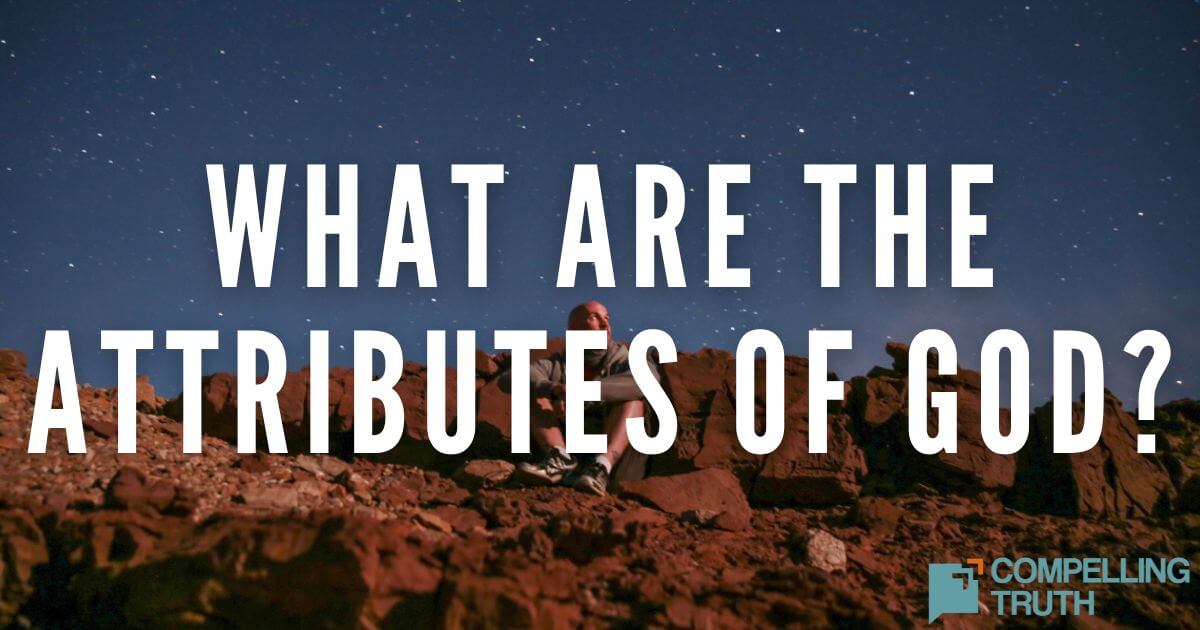No specific Bible passage calls God the “God of wonders.” However, the idea is found throughout Scripture. God’s “wonders” refer to His mighty and extraordinary acts that reveal His power and provoke reverence. They are real interventions in history that make His greatness known. Wonders are not just about the suspension of natural laws—they are about the unveiling of God’s majesty. These wonders include acts of creation, judgment, deliverance, and provision. They are signs that God is not passive but actively involved in the world. He parts seas, sends plagues, raises the dead, and even shakes nations—all to magnify His name and fulfill His purposes. Yet God’s wonders are not limited to the spectacular. The new birth is a wonder. Only God can transform a sinner into a worshiper is a work that only God can do. Ultimately, Jesus Himself—God in the flesh—is the greatest wonder of all. His life, death, and resurrection are the central wonders of redemptive history. The proper response to God’s wonders is not curiosity or applause, but fear, faith, and worship. They are not for entertainment or argumentation but for humbling our hearts and exalting the God who does what no one else can do.
To say that God is a God of wonders is to say that He is not tame, boring, or distant. He acts in ways that shake the proud (Psalm 33:10), deliver the vulnerable (Psalm 146:7), and inspire worship (Psalm 95:6). His wonders are meant to reveal who He is and draw us into worship, not just give us stories to admire. This truth humbles us. It reminds us that God’s work in the world is not limited to what we can predict or control. He is not bound by scientific probability or human planning. When God acts, He leaves no doubt that He alone is God.
At the same time, we must be cautious not to chase after signs and wonders for their own sake. Jesus warned that some seek miracles but have no desire for the truth they point to (Matthew 12:38-42). Genuine faith trusts in God’s character, whether or not it sees the extraordinary.
Still, we should not dismiss the possibility of God doing great things today. While the foundational signs of redemptive history are complete, God may still act in striking ways for His glory. Every answered prayer, every conversion, every moment of divine intervention is a fresh testimony that the God of wonders is still at work. May we respond as Scripture commands—not merely with amazement, but with reverence, faith, and joyful praise.




